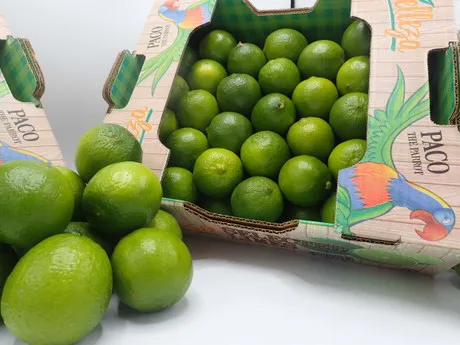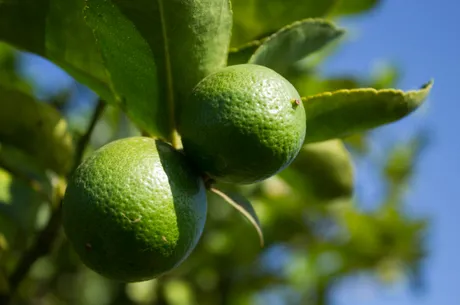Mangos, papayas, and other exotic fruits have a long way to come when being sent to Europe, sometimes spending six weeks at sea. That means they are not picked ripe, and you can taste that. Exotic fruit specialists then rather fly in their mangos. The coronavirus outbreak has, however, grounded many planes. These aircraft - especially the transcontinental flights - usually have room for ten tons of products in their hold. Fewer flights across the ocean mean cargo space is at a premium. That is also the case for other production countries like Asia and Africa. Importers are scrambling for a spot on the plane.

“The coronavirus outbreak has doubled airfreight prices,” says Tiago . “Airlines have limited space and are currently prioritizing large volumes. Smaller orders have to join the back of the queue. Therefore, at Torres Tropical, we decided to import some of our exotics in larger than usual volumes. These are for things like Brazilian ginger, mangos, and limes. For other products, mainly figs, we are reducing our air freight imports.”
Ginger
These adjustments were not only being made to products, but also Torres’ different import regions. “So, soon after the coronavirus outbreak started, we decided to stop importing ginger from China. Instead, we focused on importing Brazilian ginger. In hindsight, it was the right decision because, in March, we could fill a gap in the market with our flown-in ginger. It was also fortunate that the Brazilain season could start earlier than usual, thanks to farmers being able to harvest young, high-quality ginger.”
Less overseas volume on the market is making for an interesting situation, says Tiago. “There is a large shortage of mangos and limes due to logistical and other measures taken in the fight against the spread of the coronavirus. Many companies are waiting to see what the market will do.”
“Because if you must increase volumes to get space on the planes, but then cannot sell these, you run a huge risk. The average price for these products has also stagnated in recent weeks. And although this is a positive development for us, cost prices have, of course, also increased. The market is still uncertain too.”

Limes
According to De Wit, importing larger airfreight volumes and the uncertain market are making trading in exotics exciting. “We have seen Torres’ turnover decreased somewhat, due to the closure of the hospitality industry. We have, however, noticed the demand for, for example, limes, is still being well absorbed by alternative channels such as supermarkets. It is interesting to see that, as summer approaches, people are more likely to prepare their own meals, which is good for our exotic product sales.”

The beautiful weather that is on the way does not mean Tiago is resting on his laurels. “We see sales opportunities for one of our main products, Brazilian limes, this summer. We grow these limes ourselves in Brazil. So, we have full control of their quality and place much emphasis on this project with, for instance, Paco, our parrot mascot. It is wonderful to see these colorful birds flying around our plots in Brazil.”

“There are also no problems regarding this product’s cultivation, although we have taken measures to curb the spread of this virus. We have, however, noticed many Brazilians being extremely cautious. Unlike in the Netherlands and other European countries, they cannot rely as much on a social safety net. I was in Brazil in March, and the streets were empty. No-one dared go outside,” Tiago says.
Voor meer informatie: Tiago de Wit
Tiago de Wit
Torres Tropical BV
+316 53763217
[email protected]
www.torrestropical.com
